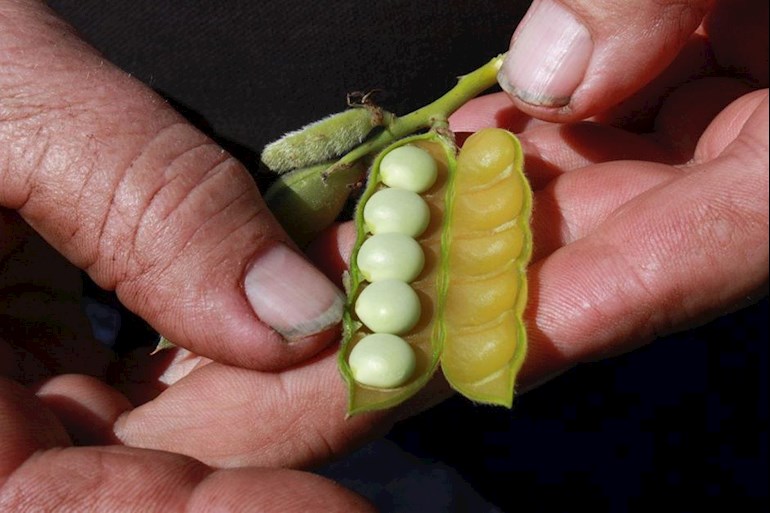By Michaela Carr
Living with Type 1 diabetes and its misconceptionsRELATED STORY: What it's like being pregnant when you have diabetesRELATED STORY: Half a million Australians could be unaware they have type 2 diabetes
Curtin University researchers say they are close to developing a food supplement which could prove more potent than some pharmaceutical drugs in tackling diabetes.
Research team leader Professor Philip Newsholme said lupin seed extract was being used in laboratory trials to regulate blood glucose levels.
He said research had shown broken down lupin seed could be used to stimulate insulin secretion in cells.
Diabetes mellitus is a condition in which the pancreas no longer produces enough insulin, or cells stop responding to the insulin that is produced, so that glucose in the blood could not be absorbed into the body's cells.
Professor Newsholme said although the research was in its early stages, lupin extract could be put into a drink or yoghurt-based product which would be taken just before a meal.
He said this would lower the peak blood glucose levels which occur after a normal meal.
Professor Newsholme said this peak in blood glucose was particularly dangerous to people with pre-diabetes or diabetes.
"For every person who is non-diabetic, our normal hormone secretion will keep this peak to quite a lower level but as we move towards the risk of diabetes, the peak gets higher and then returns back to normal but gets slower and slower."
He said the elevated blood glucose level over many years caused the damage associated with the disease.
Drug trials could progress quickly
Professor Newsholme said human trials were likely to begin in two to three years and after they were competed in about five years, researchers could work with food companies to market a product with lupin seed extract.
He said drug trials often take 10 to 15 years, but as lupin seed was a nutritional product it could get to the market much more quickly.
He said Curtin researchers were working closely with one of the lupin growers in Western Australia to advance the project.
Professor Newsholme and his team will present their findings to two diabetes conferences in Perth later this week.
Diabetes Australia has been contacted for comment.
News Source: abc.net.au
